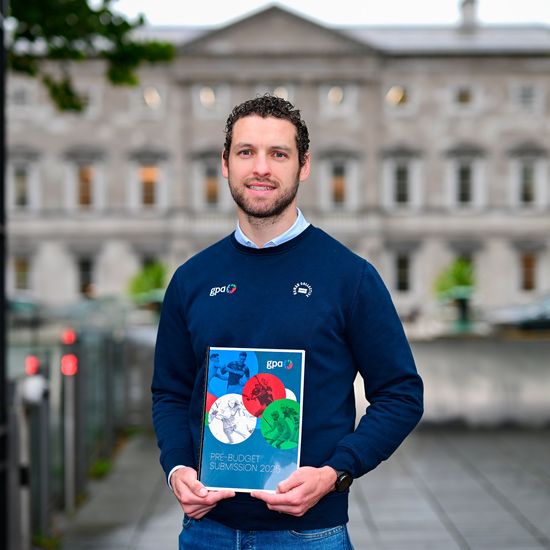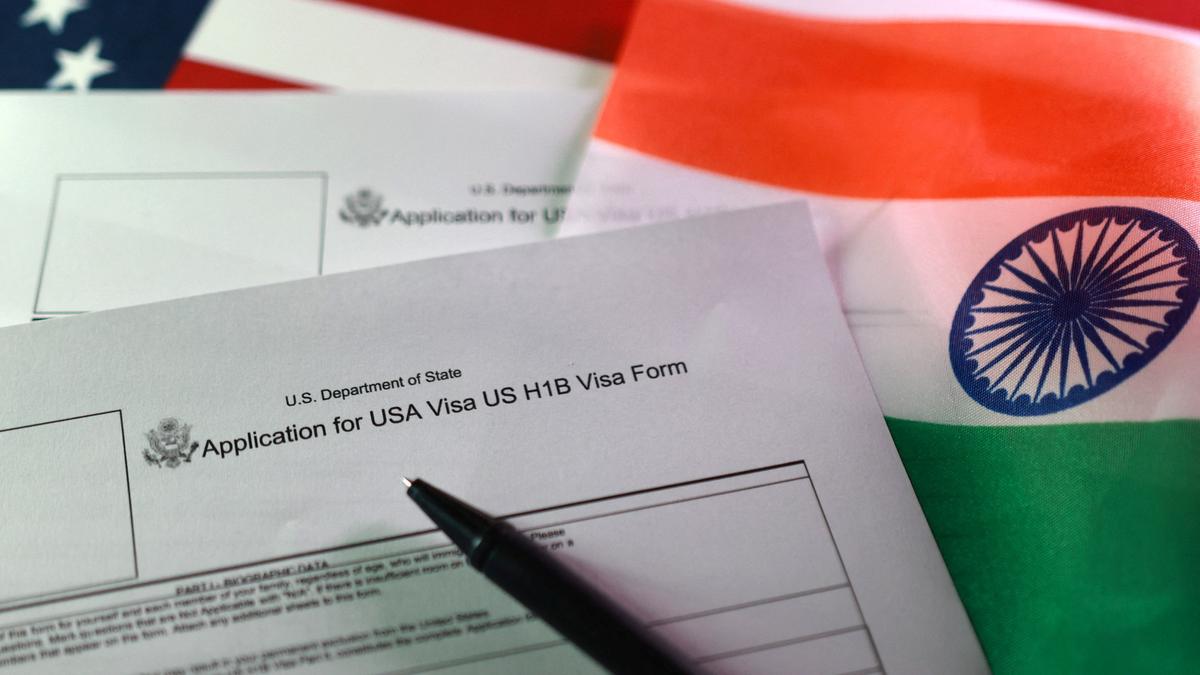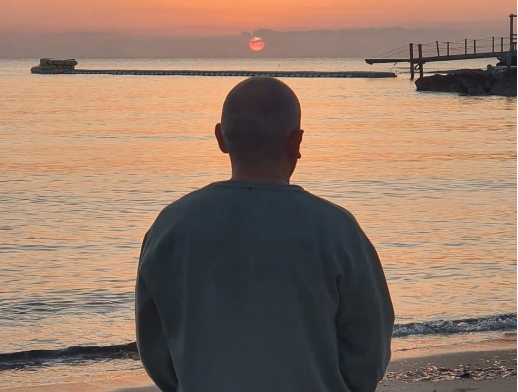Bengaluru Woman Explains How Europe Changed Her Views On 9–5 Jobs: ‘Work To Live And Not Live To Work’
By News18
Copyright news18

A Bengaluru-based content creator shared how her perspective on work and life changed after spending a summer in Europe. For years, her Dutch boyfriend never fully understood why she chose to leave behind a traditional 9 to 5 job and pursue content creation full-time. But after seeing Europe’s approach to work culture, she admitted she finally understood where he was coming from.
In a detailed post on LinkedIn, Soni Saloni, who works as a travel content creator, described how the slower pace of life in Europe reshaped her thinking. She contrasted this with the demanding work schedules and constant hustle she had experienced in India, where long hours and weekend work are often seen as the norm.
A New Perspective On Balance
The content creator explained that life in Europe runs on a very different rhythm. She noticed that most shops and restaurants close early, often between 6 and 8 pm, while Sundays are treated as a day of rest and leisure.
“In summer, the entire nation is doing nothing. People are soaking under the sun, picnicking with friends, tattooing, making music, painting, skinny dipping,” she wrote on LinkedIn.
She said this gave her a better understanding of why Europeans see work as a means to live rather than the centre of their lives. “They work to live and not live to work, like in the movie Emily in Paris. For my European friends, overtime is always compensated. A 9–5 job doesn’t stretch till midnight, or they may raise complaints with management,” the content creator shared.
Comparing India And Europe
Reflecting on the contrast, Saloni admitted that life back home feels much more relentless. “Meanwhile, in India, we keep running, working weekends. Our nervous system never gets off the hamster wheel,” she said.
She also pointed to the cultural pressure to always be busy, recalling a remark by the L&T chairman who once said, “What do you do sitting at home? How long can you stare at your wife? Come on, get to the office and start working.”
For her, this highlighted a deeper issue: the lack of respect for personal time. “In a culture with poor work-life balance and a lack of respect, we hide under the veil of productivity. Creativity and strategic thinking are drying up,” she wrote, questioning whether people in India are “just working for the sake of working.”
How People Responded To Her Thoughts
Her reflections sparked a variety of reactions online. Many agreed with her observations, saying Europe’s culture values life outside of work far more than India’s.
A user commented, “This is so true. European people do not live to work; they work to live. Work-life balance is non-negotiable, and nobody questions it.”
Others offered counterpoints, pointing out that shorter working hours and longer holidays in Europe come with trade-offs.
“Nothing in life is free. Europe’s short work weeks and long holidays are not magic. They are paid for by high taxes, slower promotion cycles, and lower disposable income. Youth unemployment in countries like Spain, Italy, and Greece has been above 20% for years. So yes, the shops close at 6 pm, but career doors also close early,” another user argued.
Some drew attention to cultural philosophies like Niksen, the Dutch concept of “doing nothing.” A user shared, “The Dutch gave the world an amazing concept called Niksen, the art of doing nothing. It worked wonders for me in my own life, and now I coach people to adopt the same. Thanks for sharing this, Soni.”
A Larger Debate On Work Culture
Her post reignited the conversation on India’s work-life balance. While some admired Europe’s focus on leisure and well-being, others pointed out that cultural and economic realities differ. Still, her reflections resonated with many professionals questioning whether productivity is about long hours or the quality of life beyond work.



